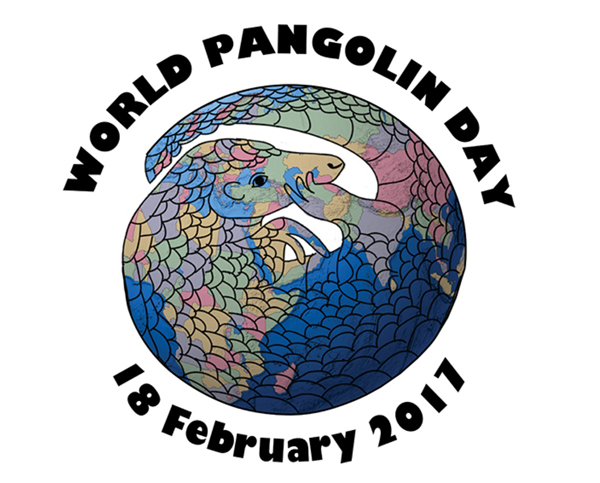Chinese scientist participates in human gene editing committee
BEIJING -- A Chinese scientist has participated in making recommendations for human gene editing that cover basic laboratory research, and somatic and germline (heritable) genome editing, according to the Chinese Academy of Sciences (CAS).
Pei Duanqing, a researcher at the Guangzhou Institutes of Biomedicine and Health, under the CAS, participated in the study and discussions leading to the recommendations, which are included in a report released in Washington D.C., according to the CAS.
The report titled "Human Gene Editing: Science, Ethics, and Governance," suggests using "existing regulatory processes to oversee human genome editing laboratory research."
Its proposals for somatic genome editing include limiting "clinical trials or therapies to treatment and prevention of disease or disability at this time," and evaluating "safety and efficacy in the context of risks and benefits of intended use."
For germline genome editing, it suggests permitting "clinical research trials only for compelling purposes of treating or preventing serious disease or disabilities, and only if there is a stringent oversight system able to limit uses to specified criteria."
The report also proposes overarching principles for research on and clinical applications of human gene editing, including transparency, fairness and transnational cooperation.
It has been worked out by the committee on human gene editing, which was set up by the US National Academy of Sciences and National Academy of Medicine, after the International Summit on Human Gene Editing was held in Washington D.C.in December 2015.
Pei is the only Chinese scholar in the committee, which consists of 22 scholars from countries including the United States, Britain and France.
Though a promising disease treatment method, human gene editing is controversial in many countries due to ethical considerations.
Pei told Xinhua in an email interview Wednesday that the report represented the consensus of human gene editing scientists, experts on ethics, sociology and philosophy, as well as social activists.
Pei said it was hoped that the report would provide authoritative guidelines for related exploration in this field, and that countries could set up regulations and rules on human gene editing according to the recommendations and achievements of the report.
Pei Duanqing, a researcher at the Guangzhou Institutes of Biomedicine and Health, under the CAS, participated in the study and discussions leading to the recommendations, which are included in a report released in Washington D.C., according to the CAS.
The report titled "Human Gene Editing: Science, Ethics, and Governance," suggests using "existing regulatory processes to oversee human genome editing laboratory research."
Its proposals for somatic genome editing include limiting "clinical trials or therapies to treatment and prevention of disease or disability at this time," and evaluating "safety and efficacy in the context of risks and benefits of intended use."
For germline genome editing, it suggests permitting "clinical research trials only for compelling purposes of treating or preventing serious disease or disabilities, and only if there is a stringent oversight system able to limit uses to specified criteria."
The report also proposes overarching principles for research on and clinical applications of human gene editing, including transparency, fairness and transnational cooperation.
It has been worked out by the committee on human gene editing, which was set up by the US National Academy of Sciences and National Academy of Medicine, after the International Summit on Human Gene Editing was held in Washington D.C.in December 2015.
Pei is the only Chinese scholar in the committee, which consists of 22 scholars from countries including the United States, Britain and France.
Though a promising disease treatment method, human gene editing is controversial in many countries due to ethical considerations.
Pei told Xinhua in an email interview Wednesday that the report represented the consensus of human gene editing scientists, experts on ethics, sociology and philosophy, as well as social activists.
Pei said it was hoped that the report would provide authoritative guidelines for related exploration in this field, and that countries could set up regulations and rules on human gene editing according to the recommendations and achievements of the report.
Related Stories

























